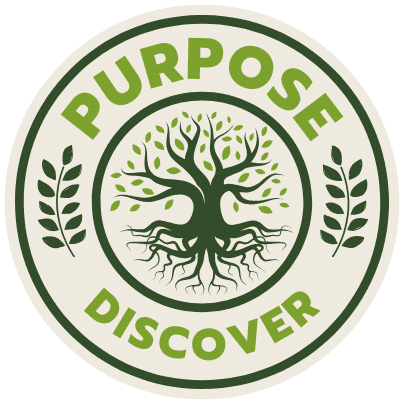Journaling daily can be a powerful tool for self-discovery. It’s more than just putting pen to paper; it’s about connecting with your inner self. Many people find that regular journaling helps them uncover their hidden purpose. Let’s explore how this simple practice can lead to profound insights.
The Power of Reflection
When you write in a journal, you create a space for reflection. This is where you can express thoughts, feelings, and experiences without judgment. Think about it: how often do you take a moment to really reflect on your day? Journaling encourages this practice.
– It helps you notice patterns in your thoughts.
– You can identify what truly matters to you.
– You gain clarity on your feelings.
By reflecting on your experiences, you start to see connections. What excites you? What drains your energy? These insights can guide you toward your purpose.
Discovering Your Values
Journaling can reveal your core values. What do you stand for? What brings you joy? By writing about your experiences, you can uncover these essential truths.
Consider these questions:
– What activities make you lose track of time?
– When do you feel most fulfilled?
– What issues do you care about deeply?
As you answer these questions in your journal, you’ll start to see a clearer picture of what drives you. Your values are often the foundation of your purpose.
Setting Intentions
Once you have a better understanding of your values, it’s time to set intentions. Journaling helps you articulate your goals. Writing them down makes them feel more real. It’s easier to commit when you can see your aspirations on paper.
Try these steps:
1. Write down your short-term goals.
2. List your long-term dreams.
3. Reflect on how these align with your values.
This process can be motivating. It turns abstract ideas into actionable plans.
Overcoming Obstacles
Journaling also helps you confront challenges. When you face obstacles, it’s easy to feel lost. Writing about your struggles can provide clarity. It allows you to process your emotions and brainstorm solutions.
Ask yourself:
– What fears are holding you back?
– How can you reframe these challenges?
– What steps can you take to overcome them?
By addressing these questions, you can transform fears into actionable steps. Journaling gives you the space to work through difficulties.
Cultivating Gratitude
Incorporating gratitude into your journaling can shift your mindset. Focusing on what you’re thankful for helps you appreciate your journey. This positive outlook can lead to a deeper understanding of your purpose.
Consider writing down:
– Three things you’re grateful for each day.
– Moments that made you smile.
– People who inspire you.
This practice not only boosts your mood but also highlights what truly matters in your life.
Finding Inspiration
Journaling can spark inspiration. Whether you write about your dreams or your daily experiences, inspiration often comes from unexpected places.
Try these techniques:
– Free writing: Let your thoughts flow without restrictions.
– Quotes: Write down quotes that resonate with you.
– Mind mapping: Visualize your ideas and connections.
These methods can help you tap into your creativity. You might discover new passions or ideas that align with your purpose.
Creating a Routine
Consistency is key. Making journaling a daily habit can enhance its benefits. Set aside time each day to write. This could be in the morning, during lunch, or before bed. Find what works best for you.
Tips for a successful journaling routine:
– Choose a comfortable space.
– Use a journal that you love.
– Keep it simple; write as much or as little as you want.
By creating a routine, you’ll make journaling a natural part of your day.
Final Thoughts
Daily journaling can be a transformative practice. It helps you reflect, discover your values, set intentions, overcome obstacles, cultivate gratitude, find inspiration, and create a routine.
So, why not give it a try? Grab a notebook and start writing. You may just uncover your hidden purpose along the way. What insights will you find in your own journey?

